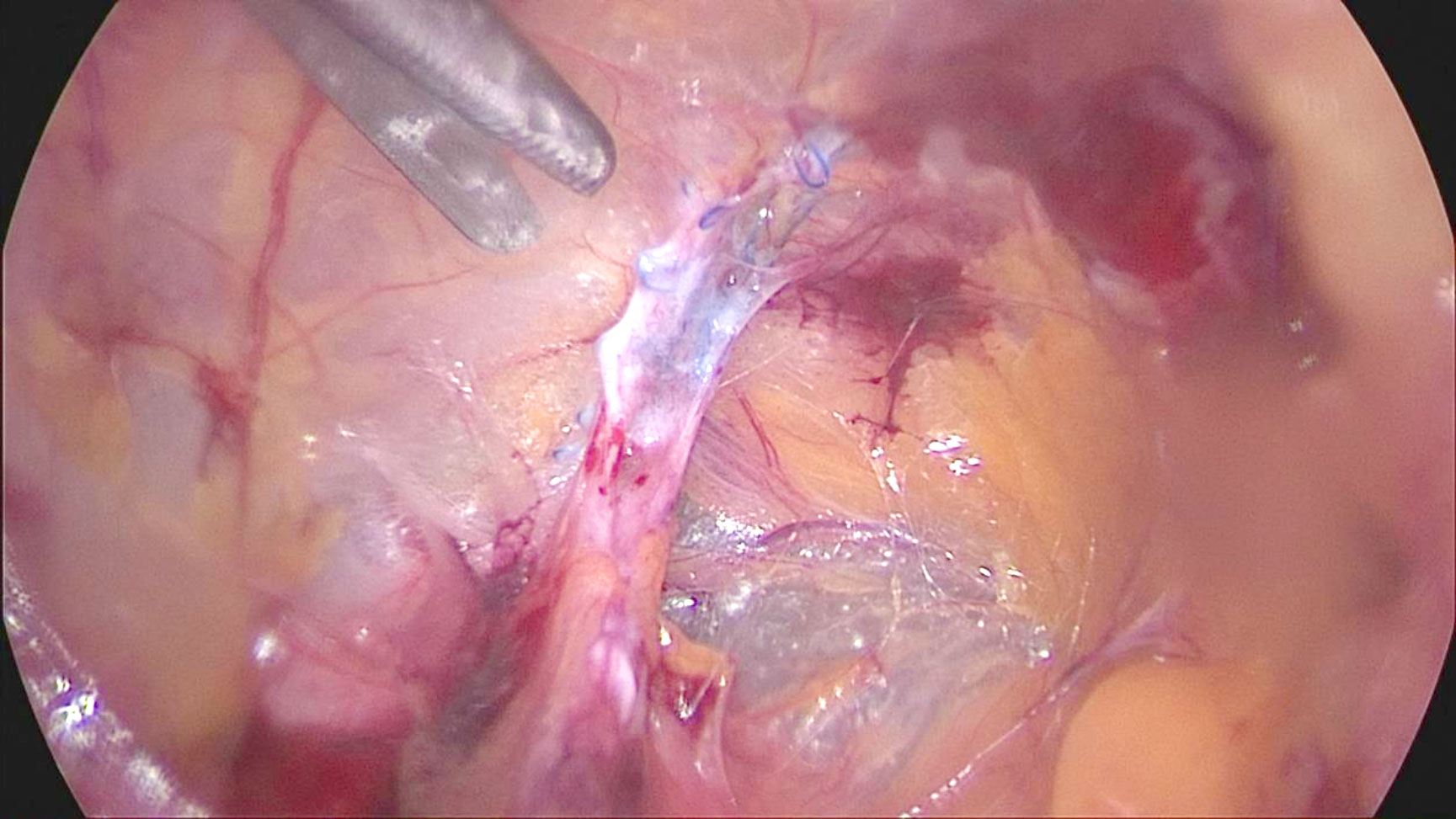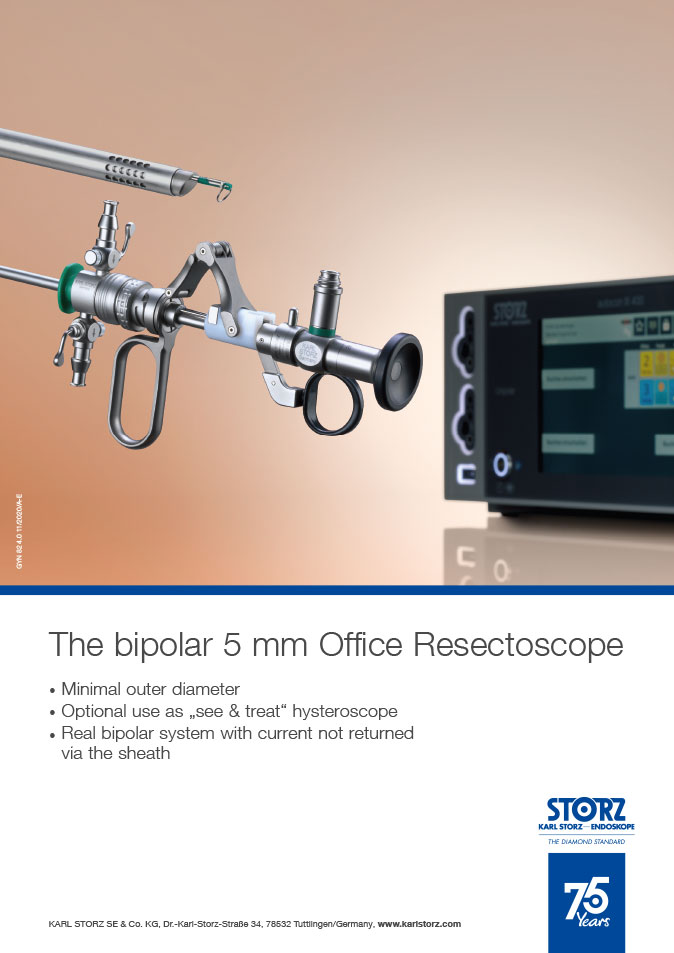The LACC Trial was published for the first time in November 2018 and had already been discussed in contributions to congresses. The background was a randomized prospective study comparing laparoscopic with open radical hysterectomy. To the astonishment of the professional world, the study showed a significantly worse outcome for the patients if they had been operated laparoscopically or robotically. Since it was a prospective, randomized study, the holy grail of science, it had a huge impact on the way surgeons worldwide performed from then on. In order to avoid legal problems, many professional societies have recommended laparotomy, some advised surgeons to advise patients intensively on the basis of their own data. To discuss the current status PKU & ISGE Cervical Cancer and Endoscopy Workshop was held virtually June 19th in a hybrid session with Chinese colleagues. Dr Jianming Song from Oregon and Washington State Hospitals had arranged the meeting.
Dr Samar Nahas from Riverside Community Hospital (California) spoke about the current situation in the USA and their way of dealing with the situation. Four experts from Europe and two from the USA discussed the different approaches with the Chinese panel. It was agreed that a single RCT should not have such a strong influence on medical procedures.
Especially since the LACC trial has pronounced weaknesses that are obvious. The supposedly high number of patients was generated with an inappropriately high number of participating clinics. Numerous participants brought significantly below average patient numbers into the study. The reason to be assumed is inexperience in the procedure or an overall low rate of procedures carried out annually. Numerous studies have determined the number of operations a surgeon should perform to achieve good status. For laparoscopic hysterectomy (TLH), an average case number of around 30 cases has been determined before the operation time drops to a reasonable period of time the uterus weight can exceed 240 grams (BelcoHyst 1995; prospective observational multicenter study in Belgium published in Zentralblad fur Gynaekologie).
These are hysterectomies with benign indications. For the implementation of a radical TLH in oncology, the competence of the surgeon should therefore be discussed rather than generally questioning MIGS in oncology.
The biological examination of the tumor risks showed a high degree of heterogeneity and overall poor processing. A really good standard was not ensured between the clinics. In addition, the poor results were only seen in a limited number of the participating clinics. Evidence-based medicine is very important and RCT is an important pillar. However, the patient’s wishes and opinions should play a decisive role. The RCTs, if performed correctly and well-planned, can provide very valuable information. But you can prove almost anything with a bad concept. This does not mean that the authors of LACC are to be blamed for trying to prove something one way or another. Trying to recruit a large number of patients unfortunately misled the well-intentioned trial.
There was disagreement as to how the LACC trial can best be countered. On the one hand, one could oppose a well-organized multicenter study, but some were convinced that good single-center studies are sufficient, since cancer surgery should only be reserved for specialized centers. There was agreement to dispense with manipulators that affect the cervical canal. In addition, most of them agreed not to have an operation for high risk and large tumors. On the one hand, because an improvement in the outcome is doubtful and, on the other hand, the patients need radio-chemotherapy anyway. The majority of those taking part in the discussion assumed that laparoscopic radical hysterectomy has a future, unless new knowledge completely advised against the operation.
What remains in any case is that the strong focus on RCTs must be viewed very critically. Personally, however, I consider multicenter prospective studies to be mandatory for many surgical techniques in order to be able to assess to what extent an operative procedure can also function outside of the specialized centers. The LACC trial has at least essentially confirmed that this surgery belongs exclusively in the hands of specialists.
Best regards
Guenter Noé
Incoming President ISGE 2021












